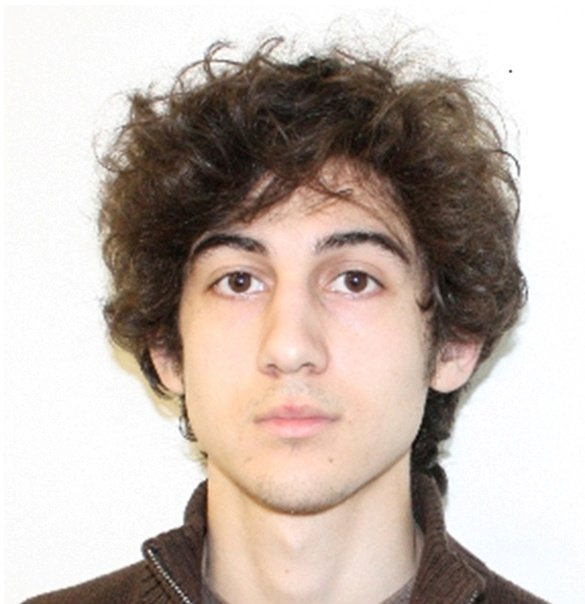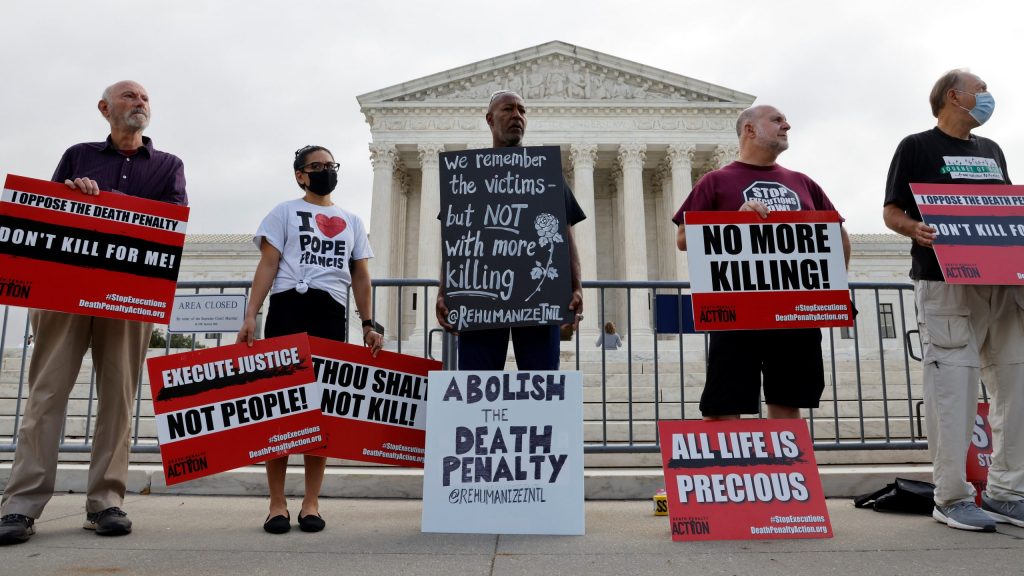Just two days after this year's Boston Marathon, the Supreme Court revisited the bombing at the 2013 race that killed three people and injured hundreds.
In oral arguments Oct. 13, a majority of the justices seemed prepared to reinstate the death penalty for convicted Boston Marathon bomber Dzhokhar Tsarnaev, responding to an appeal originally sought by the Trump administration but continued by the current Justice Department.
The call for a reinstatement of capital punishment in this case comes more than a year after an appeals court threw out Tsarnaev's death sentence on the grounds that the trial judge had failed to ensure a fair jury after extensive media coverage of the attack.
The court also said the judge had excluded evidence of how Dzhokhar's brother, Tamerlan, was more of the mastermind in the attack especially due to his likely involvement in a 2011 triple murder in Massachusetts.
Several of the justices indicated that they didn't agree with claims made by the appeals court and said that adding in other potential evidence would only have led to a mini trial within a trial, as Justice Samuel Alito put it.

Dzhokhar Tsarnaev was sentenced to death in 2015 for his involvement in the marathon attacks with his older brother, Tamerlan Tsarnaev, who was seriously wounded in a gunfight with police and then fatally injured when his brother hit him with a car trying to escape.
The case puts the death penalty issue squarely in front of the Biden administration, something Justice Amy Coney Barrett brought up in questioning, asking Eric Feigin, deputy solicitor general for the Justice Department: "What's the government's end game here?"
She said that if the death penalty is reinstated in this case, Tsarnaev would be "relegated to living under threat of a death sentence that the government doesn't plan to carry out" since the Justice Department placed a moratorium on federal executions in July.
That temporary order, given by Attorney General Merrick Garland, reversed the Trump administration's decision to resume executions of federal death-row inmates after a 17-year hiatus. In a six-month period from summer 2020 to January of this year, 13 federal executions took place.
If the Supreme Court overturns the lower court's decision in this case, Tsarnaev's death sentence could be reinstated. If it lets the ruling stand, he will continue to serve multiple life sentences in prison.
This past spring, when the court announced it would take this case, Krisanne Vaillancourt Murphy, executive director of Catholic Mobilizing Network, said executing Tsarnaev "would bring little healing to those he harmed and would serve only as state-sponsored vengeance."
Currently, families of the victims of the marathon bombing are divided about the death penalty for Tsarnaev.
Vaillancourt Murphy also told Catholic News Service at the time that Biden, who has said he is opposed to the death penalty, has a "sizable influence in these matters of life and death."
Sister Helen Prejean, a Sister of St. Joseph of Medaille and a longtime activist against the death penalty, has been urging the president to end the federal death penalty.
She also has had contact with Tsarnaev. She spoke with him around the time of the penalty phase of his trial and she was the last person to take the stand for his defense.
She told the jury that she had been invited by his attorneys to speak with him, and that during the course of their five conversations, he expressed remorse for those who died in the bombing.
"He said emphatically, 'No one deserves to suffer like they did,'" Sister Prejean told the jury, according to news reports of the trial. She also said she believed he was sincere in his regret.
The Supreme Court will take up another death penalty case in November, examining if a spiritual adviser can physically pray with a Texas death-row inmate during his execution.

